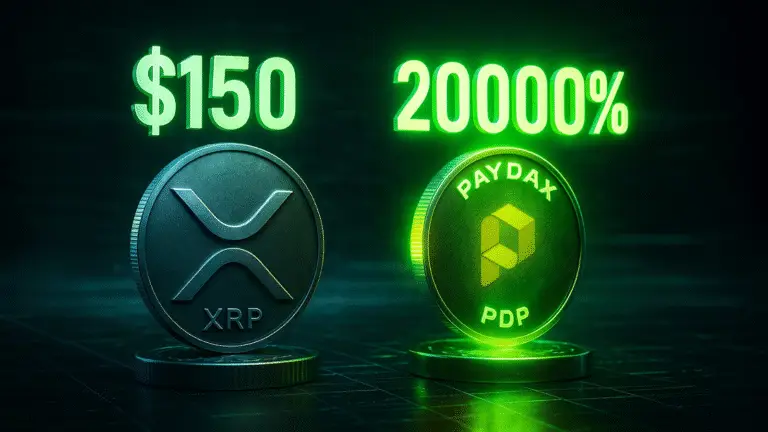The Rising Popularity of Bitcoin and Cryptocurrency
The popularity of Bitcoin and other cryptocurrencies is rapidly increasing, not just globally but specifically in Australia. A recent survey from the online trading platform Independent Reserve reveals that 6.5 million Australians have now invested in digital currencies. A particularly notable trend is the growth of older Australians entering the market; the percentage of investors over 65 has risen from just 2% in 2019 to 8.2%.
These older Australians are increasingly viewing cryptocurrencies as a new investment option within their self-managed super funds, despite strong warnings from the Australian Securities and Investments Commission (ASIC) that crypto is a “very high-risk” asset. This growing adoption highlights the broad appeal of digital assets as an alternative investment class, driven by the significant value appreciation seen in coins like Bitcoin, which has risen from approximately $5,000 in 2019 to $170,000 recently.
Regulatory Challenges and Unlicensed “Experts”
The same elements that make cryptocurrency appealing to some investors are precisely the reasons that regulators are concerned. The barriers to entry are few, leading to a proliferation of countless crypto “experts” and “advisors” who are not required to hold a financial services licence. This is because, in Australia, cryptocurrency is not legally defined as legal tender. This regulatory gap creates a risky environment for new investors.
Both ASIC and the Australian Taxation Office (ATO) have been actively involved in reviews and reforms to address this challenge, acknowledging the need for a more cohesive legislative framework for the growing fintech market. As Steven Pettigrove, partner and head of the blockchain group at Piper Alderman, points out, advising clients on crypto assets is challenging without a deep understanding of the technology. He warns that complex transactions like staking, airdrops, and DeFi can have significant and often unintended tax consequences under the ATO’s current view of existing law.
The ATO’s Current View on Cryptocurrency Taxation
For income tax purposes, the Australian Taxation Office views cryptocurrency as an asset that is held or traded, as opposed to money, shares, or a foreign currency. This definition is crucial, as it determines the tax obligations for Australian residents. The tax treatment depends on the nature of how the cryptocurrency is acquired, held, and disposed of. For instance, if an individual is selling or exchanging cryptocurrency as part of a business, it is considered “trading stock,” where gains are assessable and losses are deductible.
For individuals who engage in a one-off commercial transaction with the intention of making a profit, the gains may still be assessable. However, if the cryptocurrency is held for at least 12 months before disposal, a profit on the sale is treated as a capital gain, which can be subject to a discount. The ATO also offers a “personal use assets” exemption for crypto acquired for A$10,000 or less that is used to buy goods or services and not held for lengthy periods. The ATO provides an online calculator and record-keeping tools and uses a data-matching programme to identify any discrepancies in tax returns.
A Victorian Case Threatens to Redefine Crypto’s Legal Status
A recent Victorian criminal case has the potential to dramatically change how cryptocurrency is legally defined for tax purposes. In a trial involving a man charged with stealing 81.616 Bitcoin, magistrate Michael O’Connell asserted that Bitcoin was property akin to Australian dollars. This ruling directly challenges the ATO’s long-standing definition of cryptocurrency as “other intangible property” since 2014. The defendant’s legal team is appealing the ruling, arguing that Bitcoin cannot be stolen because it is information, not property. If the magistrate’s assertion that cryptocurrency is a form of money is upheld, it could have profound implications.
According to co-barrister for the defendant, Adrian Cartland, this could mean that Bitcoin would not be an asset liable for capital gains tax (CGT), potentially eliminating significant tax liabilities for investors. However, Steven Pettigrove notes that a Supreme Court decision in Victoria already found Bitcoin to have the characteristics of property, relying on a long line of common law authorities. The outcome of this appeal will be a superior authority, and it is a case that could fundamentally reshape the legal and tax landscape for cryptocurrency in Australia.
Australia’s Crypto Future Hinges on Legal Definition
The ongoing debates and legal challenges surrounding cryptocurrency in Australia highlight a regulatory environment that is struggling to keep pace with rapid technological innovation. The Australian Law Reform Commission (ALRC) has been working to streamline the financial services framework, but its key proposals have not yet covered crypto assets as a specific asset class. The ATO, in the meantime, continues to collect third-party data from Australian-based crypto exchanges to ensure compliance.
The outcome of the Victorian criminal case is a crucial development that could force a clearer legal definition of cryptocurrency. Whether it is ultimately defined as “money” or “property,” the decision will set a significant precedent for tax obligations, investor rights, and the future of crypto regulation. This evolving legal and tax landscape underscores the importance for all crypto participants, from tax lawyers to individual investors, to stay informed and seek professional advice when necessary to navigate the complexities of this fast-changing digital asset world.
Read More: Bitcoin Cango Inc. Mining Operations Surge in July















